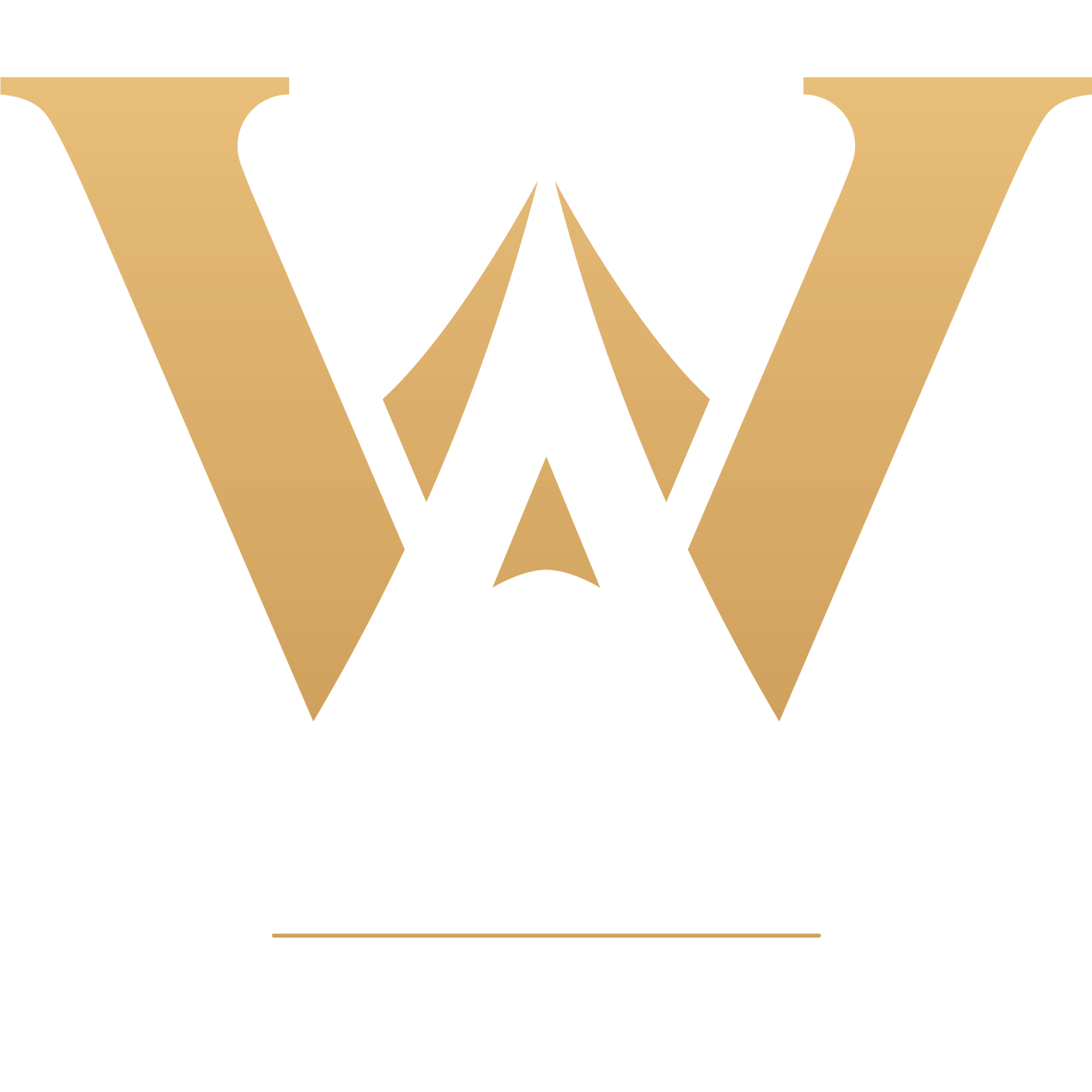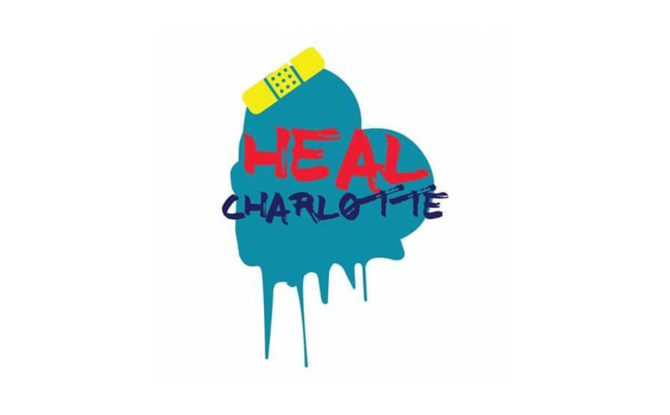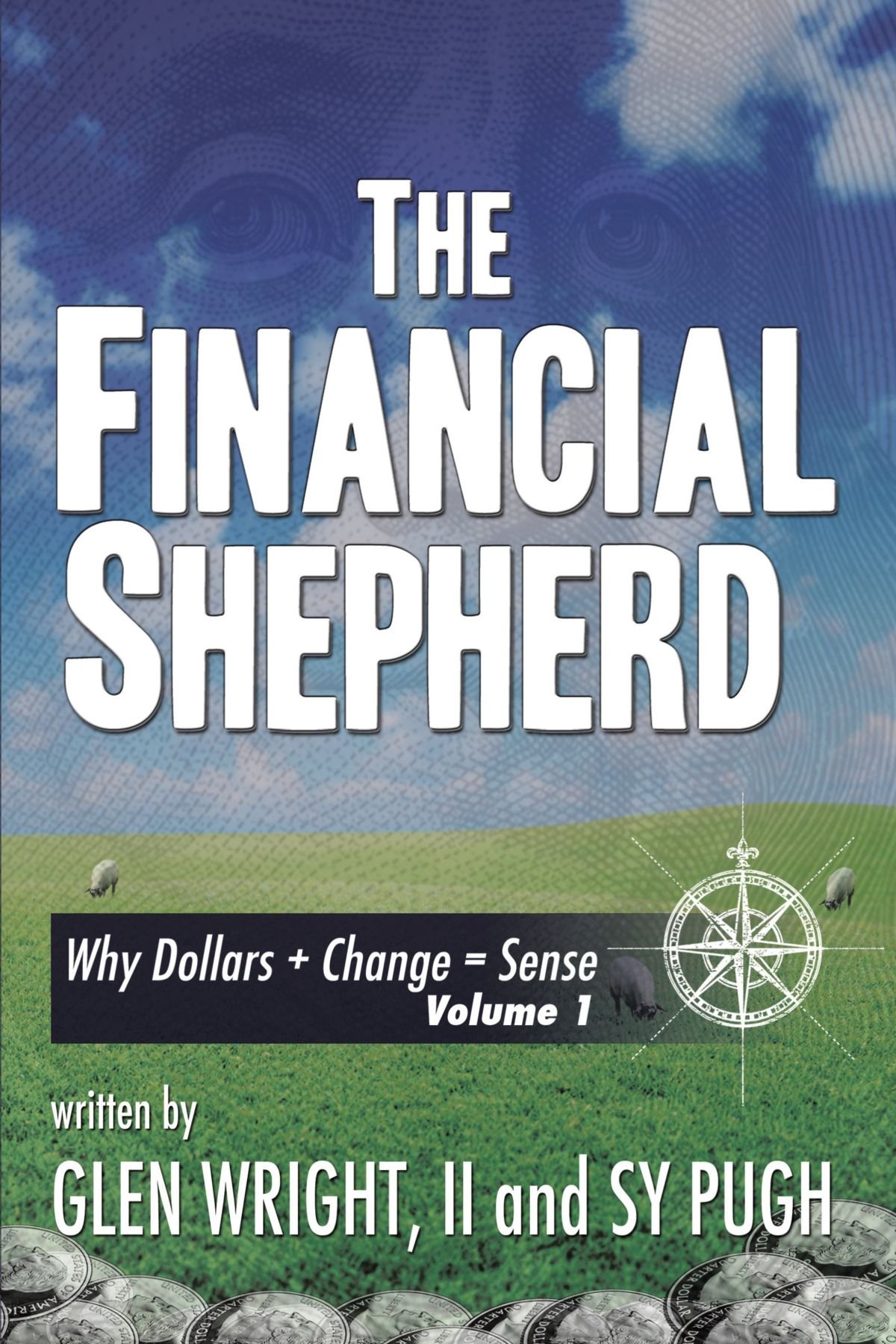As you’ve probably heard, April is financial literacy month, and as April comes to an end, it’s time to reflect on your own degree of financial literacy. In order to assess financial literacy, consider these four criteria from Standard & Poor’s Global Financial Literacy Survey. According to S&P, financial literacy requires an understanding of interest rates, interest compounding, inflation, and risk diversification. Test your understanding with the questions below, borrowed from S&P’s survey. If you’re unsure about the question or answer incorrectly, make sure to read the explanation.
Financial literacy is not innate; it must be learned. The learning process may look like a parent giving their child a small weekly allowance, or a high school teacher covering the basics of student loan debt. However, not everyone receives a financial education from their parents or teachers. And though the internet contains vast amounts of financial information, it’s hard to find resources when you don’t know what to look for. Your socioeconomic background largely determines your lifelong financial knowledge and spending habits. Living in or growing up in poverty creates psychological side effects that are barriers to financial literacy. Organizations like Common Wealth Charlotte and the Charlotte Mecklenburg Library are trying to counter that by providing financial education programs for those who never had the resources or ability.
How much do you know about interest rates, compounding interest, inflation, or risk diversification? Your knowledge of these concepts determines your level of financial literacy. Standard & Poor defines financial literacy as “having the ability to make informed financial choices regarding saving, investing, borrowing, and more” (Klapper 4). The stats are in, and Americans have room to improve when it comes to financial literacy. Rates of financial literacy in the U.S. differ depending on the source, criteria, and year, but Americans’ high rates of debt and low rates of saving and
Greg Jackson is the founder of Heal Charlotte, an organization created in response to the 2016 police shooting of Keith Lamont Scott and the subsequent civilian protests. Through Heal Charlotte, Jackson facilitated protest simulations and empathy workshops with CMPD, and he started the after-school program Dream Academy Youth Camp in his neighborhood Orchard Trace. Recently, as demonstrated in the new Reagan Drive Initiative, Heal Charlotte has taken a placed-based approach to community healing. Worth Advisors spoke with Jackson to discuss these timely topics and more. Responses have been edited for length and clarity.
On Wednesday night, the Simmons YMCA hosted the Charlotte 2040 Comprehensive Plan Workshop, organized by Charlotte Planning, Design & Development. Simmons YMCA sits at the end of Democracy Drive, an appropriate street name for an institution dedicated to fostering “diverse and dynamic” wellness programs in the Charlotte region.









